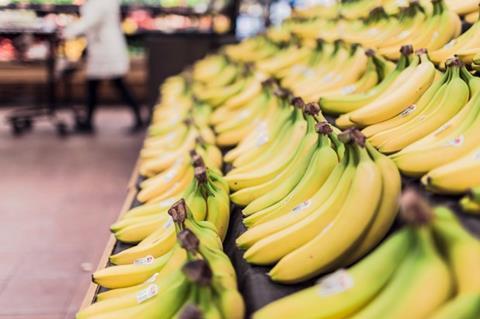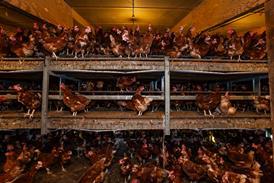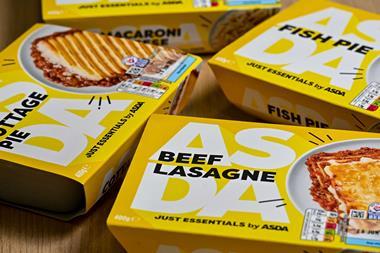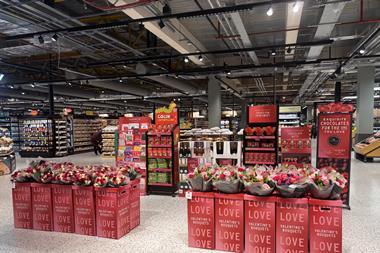
Food banks across the UK are having to fork out thousands for their grocery bills as skyrocketing levels of demand have resulted in a lack of food supplies, particularly for healthier and fresh products.
Neil Charlick, operations manager at Kent-based Gillingham Street Angels charity, said the number of people coming through its food bank on a monthly basis had doubled in the last year.
The food bank’s operational costs will also double this year to around £400,000 due to rising inflation, including its food expenditure – it is spending a monthly average of £5,000 to buy groceries to keep up with demand, twice as much as it did two years ago.
“People need fresh food, they shouldn’t be living off beans on toast. You should have a balanced diet,” Charlick said, adding rising food costs have put a higher strain on the food bank’s budget. “It used to be you could buy a tin of peas and other vegetables like that for really cheap. You can’t buy that anymore.”
At the same time, Gillingham Street Angels is seeing a decrease in public donations, contributing to the rise in its annual supermarket bills. Earlier this week, it was revealed grocery inflation is currently running at 13.9%.
Neighbouring Medway Food Bank, which is also part of the UK-wide Trussell Trust food bank network, has been dealing with a similar situation – due to the escalating need for additional food parcels, it was spending up to £1,000 a week to buy food to make up for the shortfall in essential items during the pandemic.
While those figures have dropped since the height of Covid, the organisation is still having to spend hundreds on groceries every week to fill gaps in donations, particularly on items such as vegetables, milk and nappies.
“Whilst kind donations of food continue, in order to meet the increase in demand we will have to purchase even more and, with grocery prices spiralling, this is going to cost the food bank,” said Medway fundraising manager, Lorraine Schulze.
Read more: As donations take a hit, can food banks prevent a winter disaster?
She added Medway has not seen a decrease in food donations, but the fact its food bank usage has gone up so rapidly in the past year has meant the usual wave of collections between “harvest and Christmas” will not be enough to last them through the coming year.
“If we had a good harvest and Christmas, we would have enough food to see us through to the next harvest. But the problem now is that, even with huge donations at harvest and Christmas, it’s not going to last us anywhere near as long because we’re serving so many more families.”
Medway is currently applying for grants and more fundraising pre-emptively as it gears up for its food expenditure to go up in the coming months.
Meanwhile, grocery bills for Aston & Nechells food bank in Birmingham have shot up from around £300-£500 a month in the beginning of the year to nearly £2000 now.
Worker David Fletcher said this was both due to a significant rise in food bank users as well as mounting food costs.
“Everyone is feeling the squeeze, so people also have less to spare to donate to food banks, and that is definitely conflating the issue,” said Rene Meijer, CEO at Sheffield-based Food Works.



















No comments yet